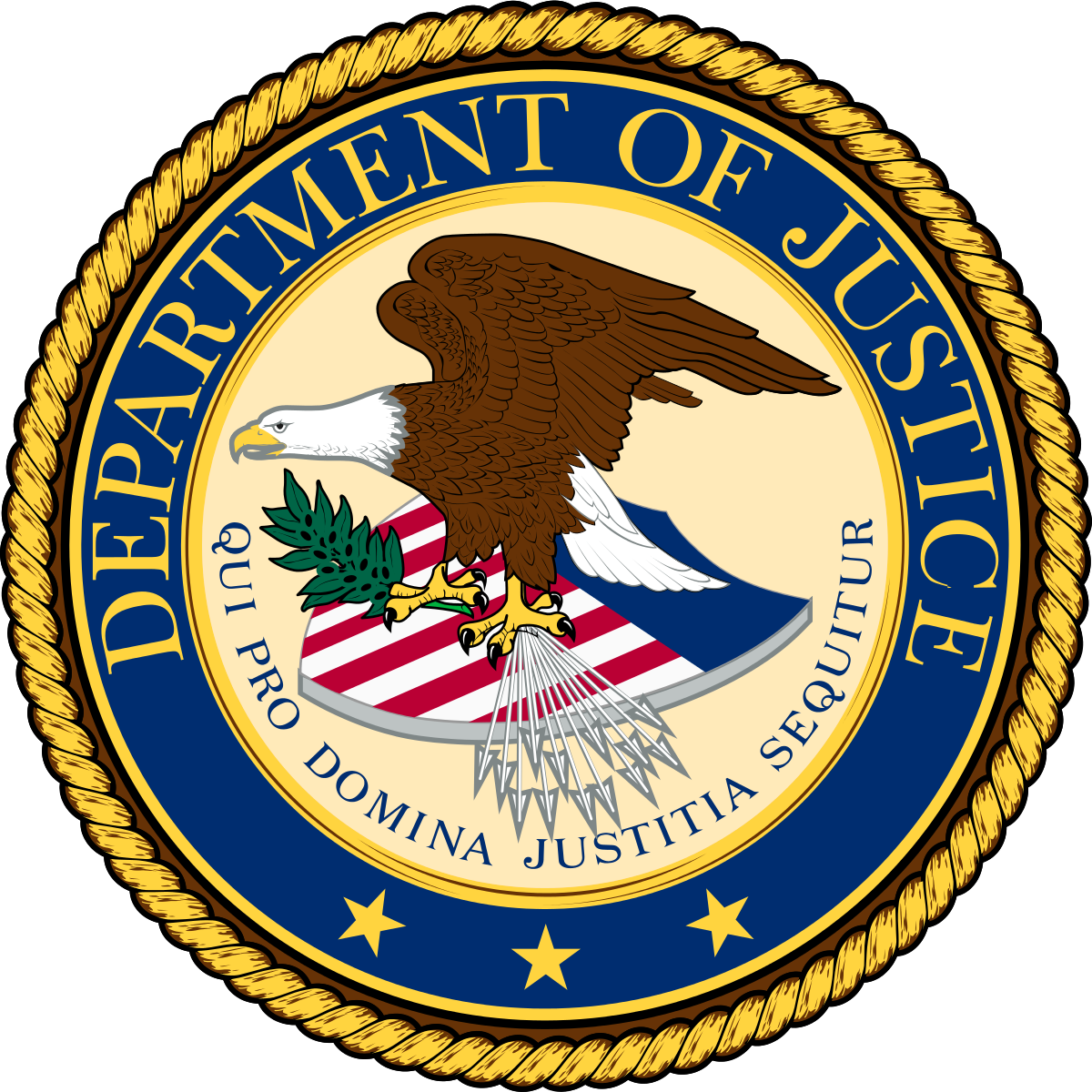Home | Grant Abstract | Expert Panel | List of MDTs | Contact Us
Developing a Better Understanding of a Unique Multi-Disciplinary Team(MDT) Model:
The Elder Abuse Forensic Center
The USC Center for Elder Mistreatment team, with funding from the Administration for Community Living, is working on a project to enhance knowledge of the range of elder abuse multidisciplinary teams (MDTs) in the U.S. Specifically, we aim to gain insights into the elder abuse forensic center (EAFC) model and other MDTs that are similar in structure and function to EAFCs. Because these teams are a potentially important tool to address the growing problem of elder abuse, it is important to understand their essential components, functioning, and outcomes. The ultimate goal is to improve decision-making about EAFCs and elder abuse MDT implementation and facilitate replication.
This project is being carried out in four stages:
1) Conduct a national inventory of elder abuse MDTs: We cast a wide net across the country to identify as many elder abuse MDTs as possible, also soliciting information about each respondent’s experience with the MDTs they’re aware of. Please see the draft list we have compiled and let us know if there are any MDTs that we have missed.
2) Conduct an in-depth survey of elder abuse MDTs: We are contacting one key informant for each MDT identified in Stage 1, and asking them for a range of information about the MDT. The goal is to identify data points that allow us to distinguish between those MDTs that look like EAFCs vs. those MDTs that have a different approach/structure.
3) Conduct a “process, practice, and impact” analysis of identified elder abuse MDTs: Of the MDTs that are identified as being similar in nature to EAFCs, we will ask specific, in-depth questions about processes, practices, and impacts/outcomes. We may also ask questions directly of MDT team members, if that approach proves to be feasible.
4) Conduct site visits to three elder abuse MDTs: We will select three of the MDTs from Stage 3 to visit in person to help elucidate nuances in how the model can vary. We will observe an official meeting, review the physical location/day-to-day activities, and conduct focus groups with team members.
Also as part of this project, we are funding and evaluating emerging practices to the delivery of services by elder abuse MDTs, especially those that are similar in nature to elder abuse forensic centers. In Year 1, we have funded and are evaluating the Forensic Center Service Advocate model, based at the Los Angeles County Elder Abuse Forensic Center. We will soon be issuing a request for proposals for Year 2 projects.




